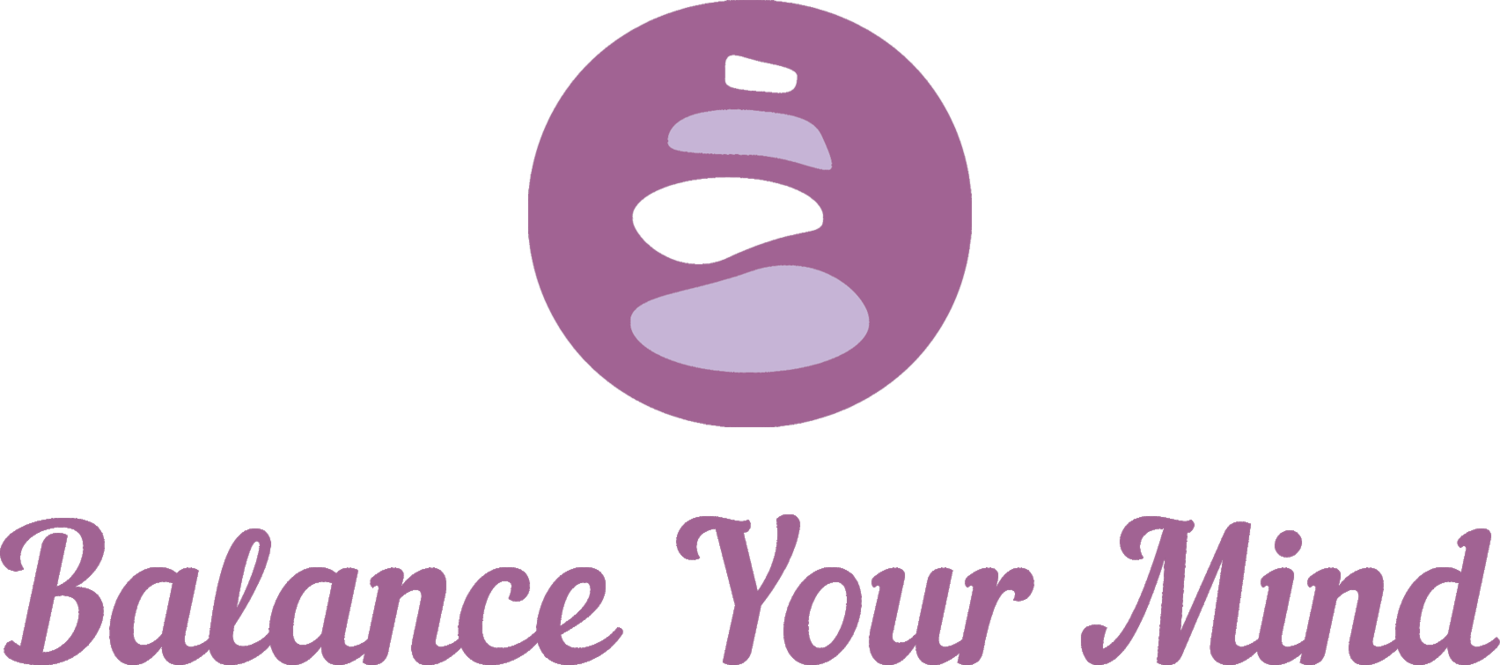
Depression
Do you feel sad, hopeless or unfulfilled? Have you lost interest in your work or hobbies you once enjoyed? Are you withdrawing from friends and family? We all feel blue every once in a while but chronic negative emotions are a sign of something deeper.
Depression isn’t linear. It doesn’t follow a pattern or predictable path. For many, it takes the form of overt sadness and despair while in others it’s characterized by a lack of energy, enthusiasm and self-confidence. Many people with depression struggle with feelings of worthiness and belonging in their social surroundings. Thankfully, support is available.
Using CBT and mindfulness techniques, we will identify the patterns behind your depression and subtly refocus your way of thinking. I’ll help you to cope with negative emotions and teach you to hold yourself with more compassion. In time, you’ll make progress towards a more hopeful and fulfilling life.
Areas of focus include:
Sadness
Emotional Withdrawal
Low Self-Esteem, Low Self-Confidence
Irritability
Poor Self-Care
Sadness Related to Depression
Have you experienced a hurtful or upsetting situation? Does it feel like you can’t stop crying? Perhaps you’ve tried talking to a loved one but you still feel low.
Sadness is a universal response to loss, hurt and disappointment. A common sign of depression, sadness can range in severity from mild tearfulness to outright anger. If you’re struggling with sadness, therapy for depression can help by providing a compassionate outlet for you to explore and manage your emotions while discovering how to move forward with everyday life.
Emotional Withdrawal as a Sign of Depression
Do you find yourself disengaging from activities you once enjoyed? Are you pulling away from your family and friends? Perhaps you’ve stopped being social and have started spending more time alone.
Emotional withdrawal involves disconnecting from people and situations in your life. It’s often used as a coping mechanism to keep from getting hurt or rejected. Emotional withdrawal is a natural and valid response but it can also prevent you from making meaningful connections. Therapy can help you process the feelings of depression that led to your withdrawal and empower you with the confidence to re-engage.
Low Self-Esteem or Low Self-Confidence Caused by Depression
You don’t feel good about yourself no matter how hard you try. When you look in the mirror, you see someone flawed and unworthy. You struggle to accept praise and wrestle with feelings of shame and inadequacy. Most of the time, you just don’t like yourself very much.
Low self-esteem and low self-confidence can keep you from reaching your full potential. Through depression counselling, you’ll get to the root of your negative self-perceptions and learn to hold yourself with more compassion, acceptance and love.
Depression Characterized by Irritability
Are you easily annoyed? Do you find yourself impatient with everyone and everything? Maybe someone in your life has pointed out that you’re quick to anger and seem ready to snap at any moment.
It’s natural to feel irritated now and again, particularly after experiencing disappointment or a poor night’s sleep. Regular irritability that interferes with your relationships and lifestyle could indicate that something bigger is going on below the surface. Speaking to a therapist can uncover the root of your irritability and equip you with the tools for navigating life’s disappointments and frustrations.
Poor Self-Care as a Symptom of Depression
You can’t muster the energy to look after yourself. It’s possible your personal hygiene and nutrition have taken a hit. Maybe others have noticed your lack of self-care which only makes you feel worse. You know you should put more effort into your appearance but you just don’t have it in you.
Self-care can be hard for people living with depression. It requires the self-motivation to “get up and go” that depressed individuals often struggle with. It’s nothing to be ashamed of. With guidance and support, you’ll learn to set small self-care goals and gently rebuild the desire to take better care of yourself.
Your better tomorrow can start today.
Ready to make a change?
Click here to schedule your free 15-minute consultation.

